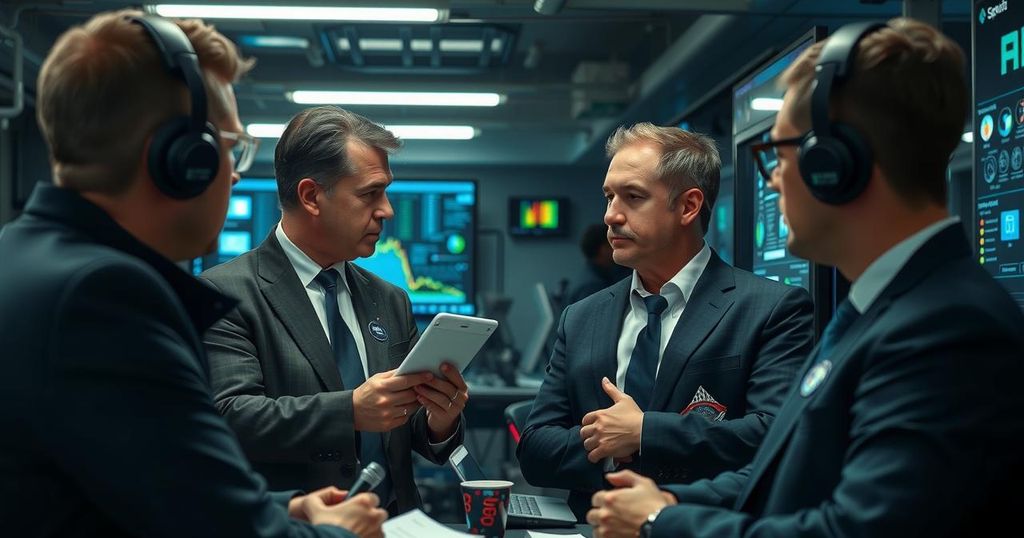Election Officials Confront Misinformation by Elon Musk on X

Election officials are increasingly challenged by misinformation spread by Elon Musk on X, significantly outpacing their responses due to Musk’s massive follower base. Incidents in Virginia and Philadelphia demonstrate the struggles officials face in debunking false claims, leading to concerns over public trust in elections. While some election officials, like Jocelyn Benson, successfully contest Musk’s assertions, the overall impact of misinformation remains a pressing concern for democracy.
Election officials are facing an uphill battle against misinformation propagated by Elon Musk on his social media platform, X (formerly Twitter). Despite the legitimate responses they provide, their outreach fails to match Musk’s extensive follower base—currently around 200 million. A striking example occurred when Mark Coakley, the registrar of Henrico County, Virginia, discovered Musk had shared a false claim about election fraud in his county. Coakley swiftly countered Musk’s assertions the following day, yet his response attracted a mere fraction of the attention that Musk’s misleading tweet received. This pattern is evident across various states: when Musk shared dubious claims about voter registration in Philadelphia, local officials like Seth Bluestein attempted to correct him but garnered significantly less engagement than Musk’s posts. Moreover, even Republican officials, such as Stephen Richer of Maricopa County, have contested Musk’s assertions, confirming that accurate information often struggles to compete with the reach and engagement Musk commands. Sam Woolley, an expert in disinformation, criticized Musk for leveraging his position to amplify misleading narratives that damage public trust in democratic processes. Election officials are not only burdened with the task of tracking and responding to misinformation, but this situation distracts them from their fundamental election duties, as noted by Larry Norden of the Brennan Center for Justice. Notably, Jocelyn Benson, the Secretary of State in Michigan, effectively countered Musk’s voter claims with a factual response that surprisingly exceeded Musk’s own reach. This highlights the potential effectiveness of authoritative voices amidst overwhelming misinformation.
The rise of misinformation, particularly in the context of election integrity, has become a prominent issue in American politics. Elon Musk, as the owner of X, has displayed a tendency to amplify misleading or false claims about election processes, often aligning with partisan perspectives. Election officials across the United States have struggled to combat these inaccuracies, as their clarifications often receive inadequate visibility compared to sensational claims. This dilemma not only affects public perception but also places an additional workload on already burdened election officials, detracting them from their critical responsibilities in ensuring fair and accurate elections.
In conclusion, the confrontation between election officials and Elon Musk illustrates the significant challenges posed by misinformation in the digital age. Despite their best efforts to correct false narratives, officials often find their messages overshadowed by Musk’s considerable online influence. As misinformation continues to undermine democratic processes, it becomes imperative for authoritative figures to engage and utilize their platforms effectively to preserve election integrity, thereby supporting the vital work of election officials across the nation.
Original Source: abcnews.go.com







